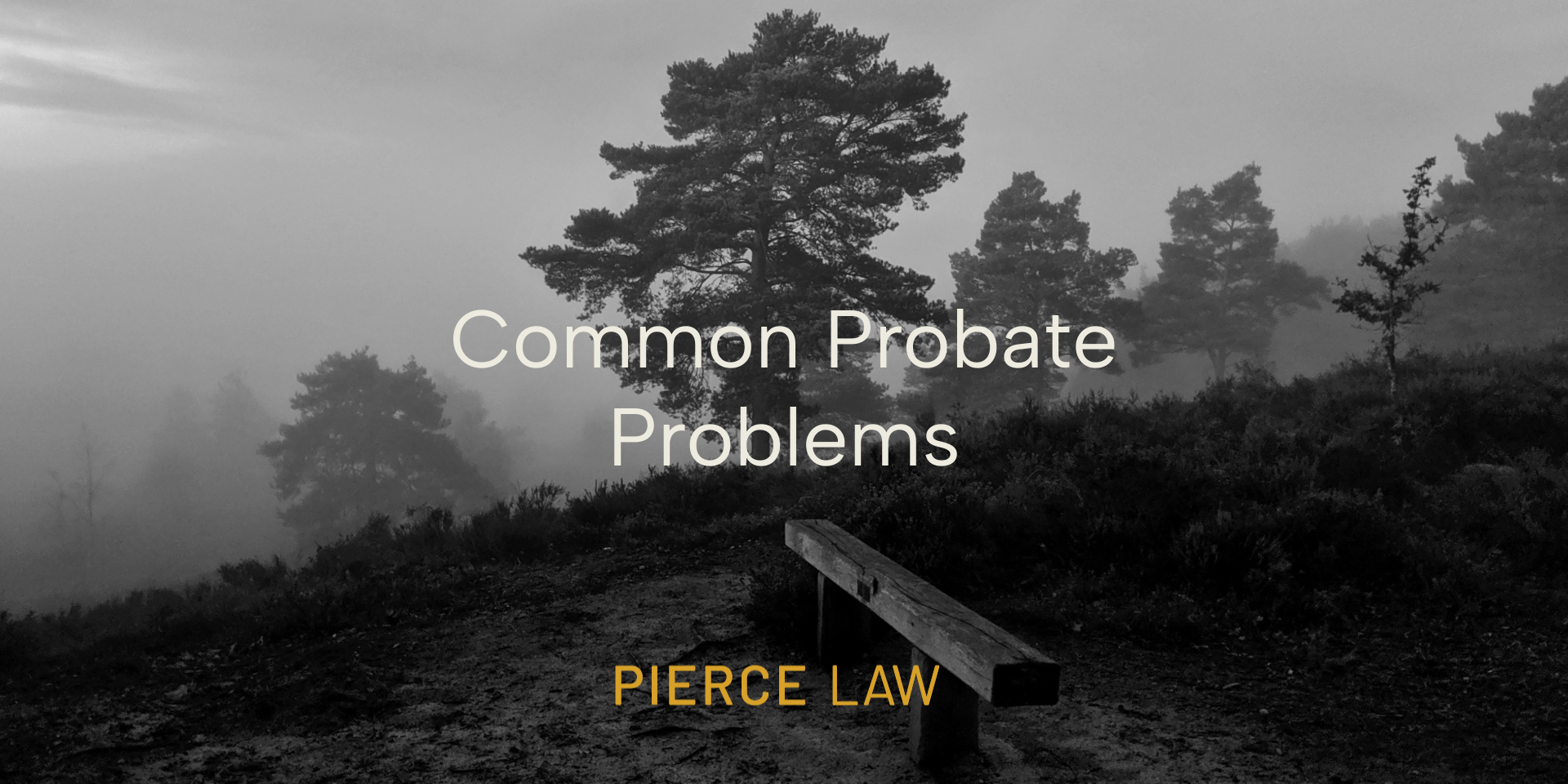Common North Carolina Probate Issues
Detailed Answer
Probate in North Carolina involves settling a person’s estate through the court system. When a loved one passes away, you may face complex rules and tight deadlines. Understanding common pitfalls helps you avoid delays and extra costs.
1. Intestate Succession
If someone dies without a valid will, North Carolina law decides who inherits. The rules appear in N.C. Gen. Stat. Chapter 29, Article 2. Spouses and children receive priority. Extended family steps in if no spouse or descendants survive. Executors must follow this statute exactly or risk a court challenge.
2. Will Validity and Contests
A court looks for a properly executed will. North Carolina requires two witnesses and a signature. If a will lacks these elements, the court may declare it invalid. Interested parties can challenge a will under N.C. Gen. Stat. § 28A-3-1. Common grounds include undue influence, lack of testamentary capacity, or improper execution. Contesting a will late or without solid evidence can lead to sanctions.
3. Notice to Creditors and Debt Claims
Personal representatives must notify creditors promptly. You must publish a notice in a local newspaper and send direct notice to known creditors under N.C. Gen. Stat. § 28A-18-2. Creditors then have 90 days to submit claims. Missing this deadline generally bars their claims. Failing to provide proper notice can leave the estate liable for unexpected claims after distribution.
4. Bond Requirements for Personal Representatives
The court often requires a bond to protect the estate from mismanagement. North Carolina courts set bond under N.C. Gen. Stat. § 28A-13-2. Estate size, asset type, and whether the will waives bond all factor in. Managing bond issues correctly avoids extra costs or court delays.
5. Estate Accounting and Fiduciary Duties
Personal representatives must collect assets, pay debts, and distribute the estate. They must file an account with the clerk of superior court. Overlooking tax returns, property transfers, or creditor payments can result in personal liability. Staying organized and meeting reporting deadlines ensures a smooth process.
6. Real Property Title Issues
Real estate often complicates probate. Transferring title requires clear chain of ownership. Lapses in deed execution, missing signatures, or conflicting heir claims can delay distribution. A thorough title search flags issues early. Resolving clouds on title prevents future disputes.
Key Takeaways
- Follow intestacy statutes to distribute an estate without a will (N.C. Gen. Stat. Chapter 29).
- Validate wills with two witnesses and a signature to reduce contests (§ 28A-3-1).
- Give proper notice to creditors within 90 days to avoid late claims (§ 28A-18-2).
- Secure a bond for personal representatives unless waived by the will (§ 28A-13-2).
- Keep detailed records and file estate accounts on time.
- Resolve real property title issues before final distribution.
Probate can overwhelm families at a difficult time. Pierce Law Group handles each step with care. Contact our experienced team at Pierce Law Group for straightforward guidance. Email us at intake@piercelaw.com or call (919) 341-7055 to schedule a consultation.


